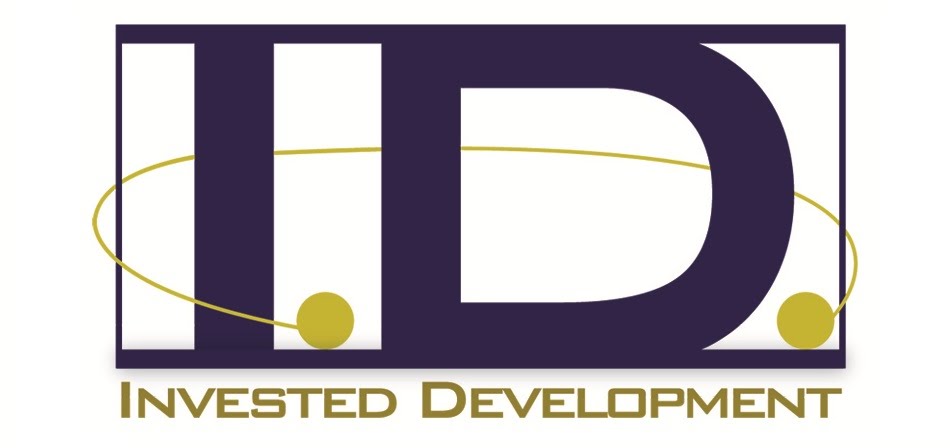(almost)Every week at Invested Development we scan the web for articles that relate to what we do and what we like. This week we read a lot about… well, we read a lot.
Wal-Mart acquired South African-based Massmart, a retailer with 288 stores in 14 countries in sub-Saharan Africa for $4.1 billion. Critics of the deal point out that some of Wal-Mart’s international adventures have gone badly, most notably its expansion into Germany, which it eventually abandoned. However, The Economist argues in favor of the transaction and believes Wal-Mart has the potential to shape the African market from its infancy.
In response to concerns about fair lending processes, standardized rates, and a lack of transparency in microfinance institutions (MFIs), the Standard Chartered Bank, the Reserve Bank of India and the Indian Bankers Association will launch India Microfinance Platform (IMFP) will be established this month due to "over-heating, employee poaching, multiple lending, and lack of common reporting" in the sector. Ultimately the platform will standardize microfinance reporting and allow a joint loan portfolio audit of Indian microfinance heavyweights such as SKS Microfinance, Bandhan, and Equitas.
With the online population growing at far greater speed in developing and emerging markets than in North America and Western Europe, the opportunities for businesses and brands to prosper on an international scale are vast. To accomplish in obtaining a global brand, VentureBeat offered five tips including focused on localization and unified marketing.
While the partnership was announced last spring, Marvell has formally committed $5.6 million to One Laptop per Child (OLPC). The grant will support OLPC’s efforts to create an affordable tablet called XO 3, which represents an evolution to their original product of the laptop.
A cofounder of a Mint competitor discusses and reminisces over all the reasons and rumors in how and why his company Wesabe failed. While listing the reasons and either validating or dismissing the claim, this account should resonate with many entrepreneurs. His company while arguably the first in this space for online personal finances quickly became crowded with competitors and in a matter of a year, one company would be sold $170 million and the other would shut down its operations.
